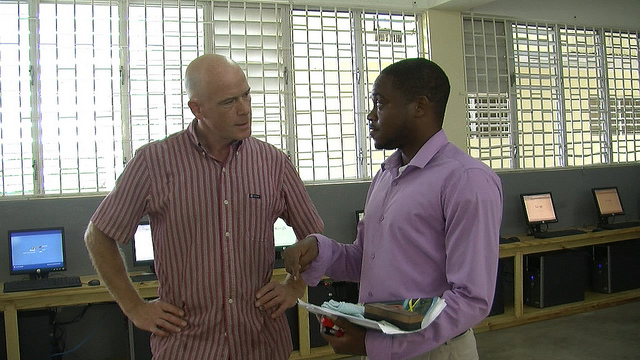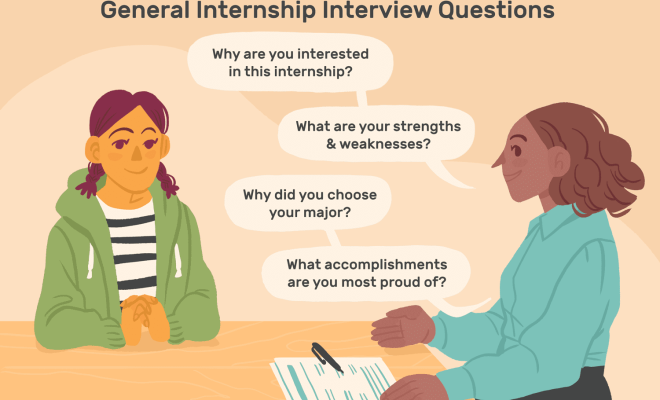5 Reasons HBCUs are Still Relevant

As college enrollment numbers rise, with Black college students at their highest enrollment levels ever, the role of Historically Black Colleges and Universities, or HBCUs, have come into question. Before 1964, and even as recently as two decades ago, an increase in the number of Black young adults with college aspirations would have been welcome news for HBCUs.
Today, more Black college students do not automatically translate into higher enrollment numbers at HBCUs because the college landscape has changed so drastically since the golden days of these institutions. Diversity recruitment programs on traditional campuses, the ease of online degree programs, and the rising credibility and offerings at community colleges have eclipsed the cornered market that was once enjoyed by HBCUs when it comes to enrolling Black and other minority students.
As a result, it’s been suggested that HBCUs are no longer relevant and their purpose is now outdated and unnecessary for the students who used to depend on their offerings. With respect to the many quality non-HBCU higher education institutions, I’d argue that HBCUs are more relevant than ever and are in many ways even MORE necessary than their counterparts. Here’s why:
HBCUs are still havens for the disadvantaged. The achievement gap in K-12 learning may be narrowing, but it is still exists. Even minority students who end up graduating from high school drop out of college at higher rates than their white peers. While all types of colleges are picking up on this weakness and looking for ways to retain students, many HBCUs stand out as examples of how to succeed at having students return after freshman year. A U.S. News ranking lists Spelman College (at 88 percent retention), Morehouse College (82.5 percent), Howard University (82.3 percent), Florida A&M University (79.5 percent) and Winston-Salem State University (78.3 percent) as the top five HBCUs for having students return to campus after freshman year.
As a comparison point, the top 10 predominantly white institutions, or PWIs, had retention rates that ranged from 97.5 to 99 percent – BUT the retention numbers for minority students was lower. The campus culture and student-centric programs at these PWIs are stellar but it also stands to reason that the students attending top PWIs, like Brown University and the University of Notre Dame, are predisposed to staying in college anyway – while HBCUs have many more obstacles to overcome when convincing and encouraging their attendees to stay. HBCUs are also proving to be thought leaders when it comes to advancing rights for Lesbian, Gay, Bisexual and Transgender students, with Morehouse College offering its first LGBT course this past spring.
HBCUs are blazing STEM trails. Many HBCUs are powerhouses when it comes to offering strong degree programs in science, technology, engineering and math. HBCUs are important hubs for developing the greatest STEM minds in the nation, with 65 percent of all Black physicians and half of all Black engineers graduating from HBCUs. The Tuskegee University College of Engineering and Alabama A&M University of College Engineering, Technology and Physical Sciences are not just top engineering schools among HBCUs – they are among the best in the nation. Spelman College is the second largest school in the nation that sends Black undergraduates on to medical school. Jackson State University receives the highest amount of HBCU federal research funding every year, at $68 million, and is known for its “research intensive” programs.
Claflin University students work alongside the South Carolina Center for Biotechnology and receive hands-on industry training and connections in the field long before graduation. Xavier University of Louisiana has a consistently top-ranked pharmacy program and is a sought out school for those hoping to advance to medical school. Florida A&M University consistently ranks at the top of all colleges that graduate Black students with doctorates in natural sciences and engineering. In June, Fayetteville State was awarded a $718, 000 government research grant that included plans to oversee STEM instruction to local high school students. The advancements these schools are contributing to STEM fields are not just relevant, they are groundbreaking and an asset to the industries the graduates eventually serve.
They make college more affordable. As college costs climb, HBCUs remain reasonable options for earning college degrees and come with plenty of financial aid options in the form of grants, scholarships and federal loans. HBCUs like Coahoma Community College in Clarksdale, Mississippi cost as little as $4,940 for in-state students for an entire academic year (before any grants or financial aid) or just under $7,000 for in-state students who choose to live on campus. Even out of state students get a pretty good deal – adding just $1,000 more to that total. Even HBCUs with top billing offer affordable routes for their students, like Howard University in D.C. that saw 52 percent of students in 2012 with their financial needs fully met. The financial assistance programs at HBCUs have an inherent understanding that their students come from a place where college may not be an option without sound advice and financial assistance – and they step up to meet the needs of those students.
They adequately staff the workforce – and help graduates land jobs. During the latest Recession years, college career centers faced even greater scrutiny when it comes to helping students find jobs when they leave campus. The state of unemployed college graduates reached nearly crisis proportions at one point, with college graduates returning home to live with their parents after receiving a degree. HBCUs stepped up and worked even harder to help their graduates find the work they were qualified to accomplish after graduation. The 2012 HBCU Career Center Survey found that over 90 percent of HBCUs offered career workshops, career counseling, one-on-one resume writing help, one-on-one interview coaching, on-campus job fairs and on-campus interviews from prospective employers. Nearly three-fourths of the HBCUs in the survey said they also offered career development services for alumni. HBCUs are not simply training their students and sending them off blindly into their future careers; these schools are supplying well-equipped, highly-educated workforce members through connection programs that happen long before graduation day.
They remind us that there are still battles to be fought. As much as I’m a proponent of diversity in all of our schools, from pre-K to doctoral programs, there is some solidarity at HBCUs that would be a danger to lose. Despite advancements against discrimination, it is important to remember that the fight for civil rights and equality still rages on – and it extends beyond the Black community. It is vital to remember why HBCUs were developed in the first place and what role they have played in the fight for justice – producing such civil rights trail blazers as Martin Luther King Jr. and Thurgood Marshall. Though the initial mission of HBCUs may have evolved with the times, the reminder that education is an inalienable right for all Americans, and those who chose to study from abroad, lives on proudly at HBCUs and will always be a necessary pillar of the U.S. college and university system.
Read all of our posts about HBCUs by clicking here.





